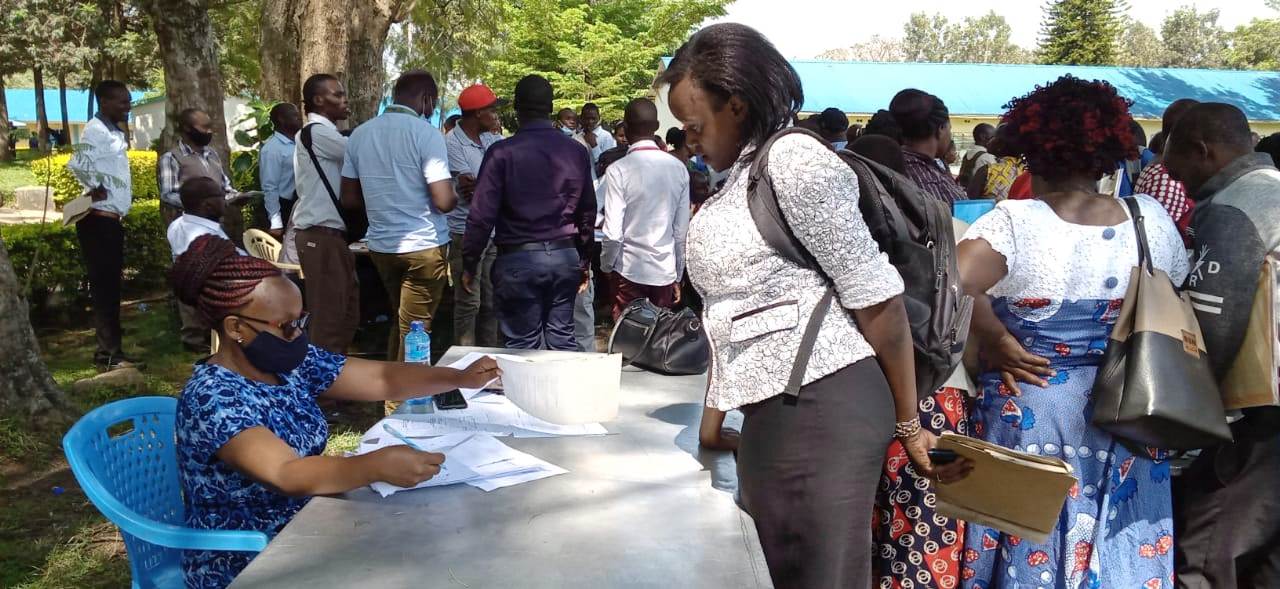In the 21st century, the digital revolution has transformed the way we live, work, and learn. As digitalization takes over, proficiency in online and social media skills has become increasingly crucial for learners. This article explores the significance of these skills and their impact on the educational landscape.
Firstly, online and social media skills are vital for effective communication and collaboration in the digital age. Social media platforms have become integral to how we share information, connect with others, and participate in discussions. Learners who possess these skills can leverage these tools to engage with their peers, access educational resources, and expand their professional networks. Furthermore, being adept at online communication can enhance their ability to present their ideas, negotiate, and build meaningful relationships.
Secondly, digital literacy is essential for navigating the vast array of information available online. With the abundance of digital content, learners must be equipped with the skills to critically evaluate the reliability and relevance of the information they encounter. These include understanding how to effectively search for, analyze, and synthesize data from various online sources. By developing these skills, learners can become more discerning consumers of information, ultimately enhancing their learning outcomes.
Moreover, the integration of online and social media tools in the educational landscape has transformed the way knowledge is acquired and shared. Many educational institutions have embraced the use of digital platforms for delivering course content, facilitating discussions, and enabling collaborative learning experiences. Learners who are proficient in these skills can more effectively engage with their coursework, participate in virtual classrooms, and collaborate with their peers on group projects.
READ ALSO:
Finally, the development of online and social media skills can also have a significant impact on learners’ future career prospects. Employers increasingly value individuals who possess the ability to leverage digital tools for tasks such as remote work, virtual team collaboration, and online marketing and branding. By cultivating these skills, learners can position themselves as adaptable and tech-savvy employees, enhancing their employability in an increasingly digital job market.
As digitalization continues to reshape the educational landscape, the acquisition of online and social media skills has become paramount for learners.
These skills not only enhance communication, collaboration, and information literacy but also prepare learners for the evolving demands of the digital age. By embracing the opportunities presented by this digital transformation, learners can unlock new pathways for success and contribute to the ever-evolving landscape of 21st-century education.
Tonny Kyule
Kyule is a Rongo University student in Migori County.
You can also follow our social media pages on Twitter: Education News KE and Facebook: Education News Newspaper for timely updates.
>>> Click here to stay up-to-date with trending regional stories
>>> Click here to read more informed opinions on the country’s education landscape
>>> Click here to stay ahead with the latest national news






